40 Nations Facing Potential Bans from the 2026 World Cup
The 2026 World Cup should be about football, not politics—but sometimes, the two mix. With the tournament coming to the U.S., Mexico, and Canada, a few countries might not make it—not because they didn’t qualify, but because they might not be let in.
Visa bans, political tensions, and strained connections could block these teams from entering. It’s not official yet, but here are some nations that could face complications if things don’t change. They may be ready to play, but that doesn’t mean they’ll be allowed to.
Iran
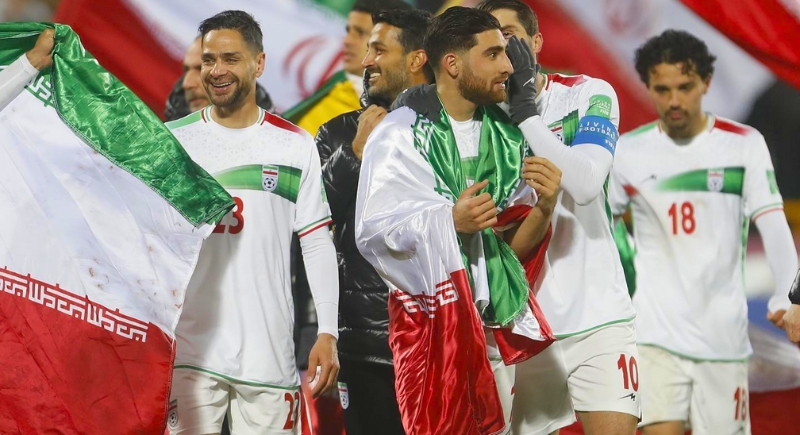
Credit: Instagram
The U.S. and Iran haven’t had normal diplomatic relations in over 40 years. Political disagreements, sanctions, and visa restrictions have made travel between the two countries difficult. Even if Iran makes its way in, their athletes and staff could face serious barriers to entering the U.S. unless special arrangements are made ahead of time.
North Korea
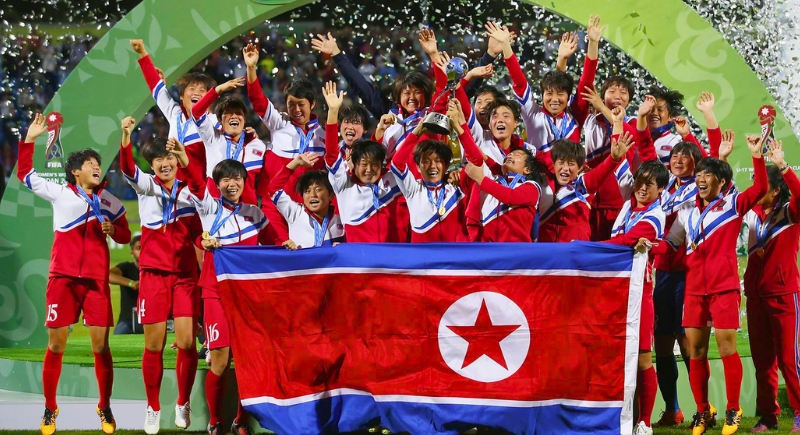
Credit: Facebook
North Korea’s isolation and strict government policies make international travel rare. Relations with the U.S. are nearly non-existent. The team pulled out of 2022 qualifiers, and if they try to enter for 2026, both sides would need to approve travel—a situation that seems unlikely under current conditions.
Syria
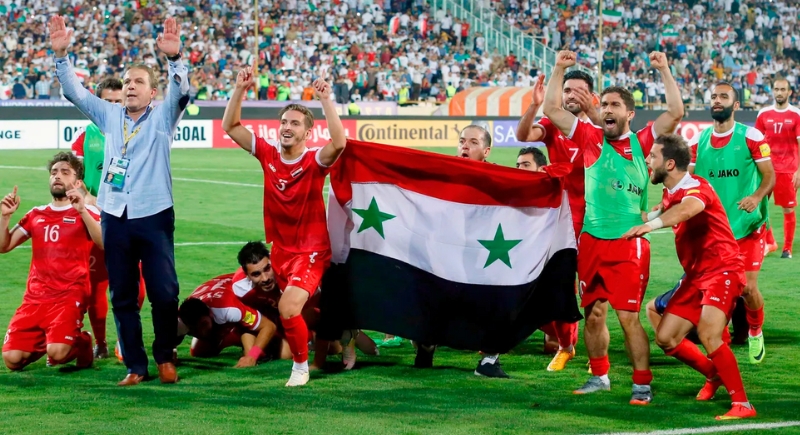
Credit: X
Years of war, sanctions, and internal instability continue to affect Syria’s global standing. U.S. entry for Syrian nationals is highly restricted. The team has participated in qualifiers before, but the greater issue may come off the field if travel documents and security clearance can’t be arranged in time.
Russia
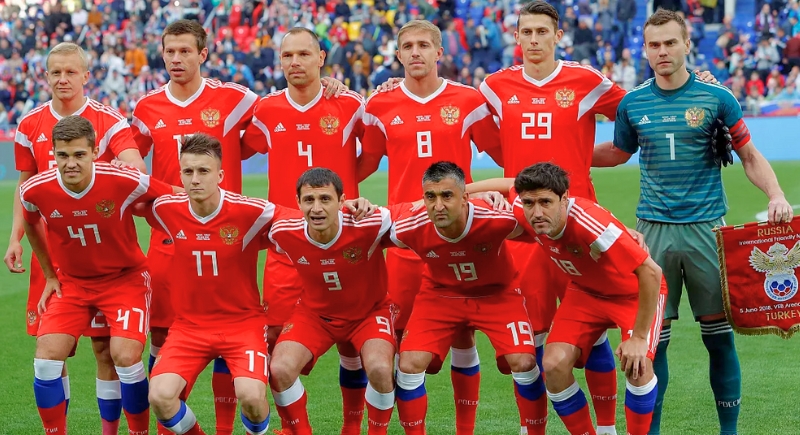
Credit: X
Currently suspended from international competitions, Russia remains in limbo. Even if FIFA lifts the ban before 2026, tensions with the U.S. over the war in Ukraine could make entry difficult. Players and officials might be denied visas and public pressure could also influence their decisions.
Yemen
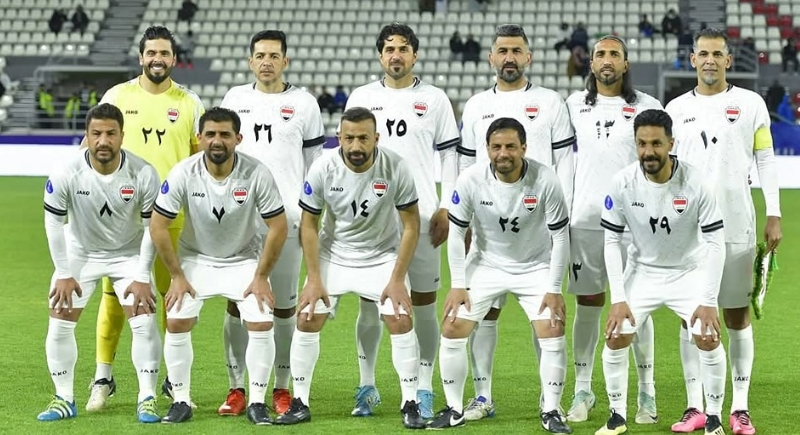
Credit: Instagram
Yemen has faced civil war, humanitarian crises, and diplomatic isolation. Security concerns and travel restrictions remain in place. While the team rarely advances far in qualifiers, if they do make a push this time, obtaining entry visas to North American countries could be a bigger challenge than any match.
Libya
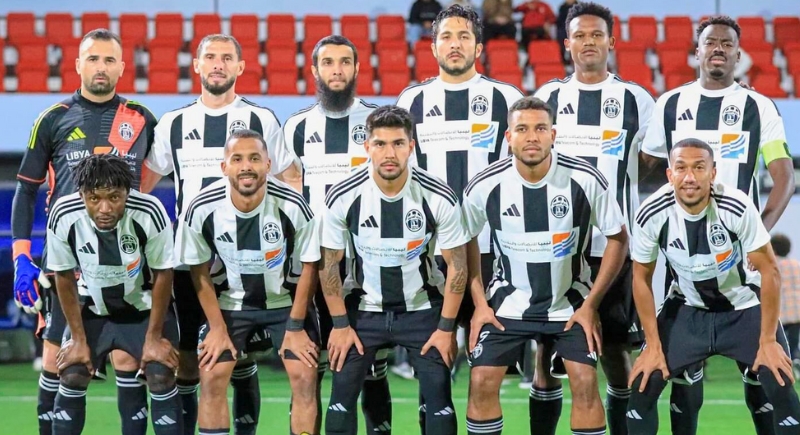
Credit: Instagram
Post-conflict instability and lack of strong ties with the U.S. may block Libya from participating even if they qualify. The country remains on several watchlists, and citizens often face visa rejections. Without official exceptions, it’s unlikely they would be able to travel for the tournament.
Somalia
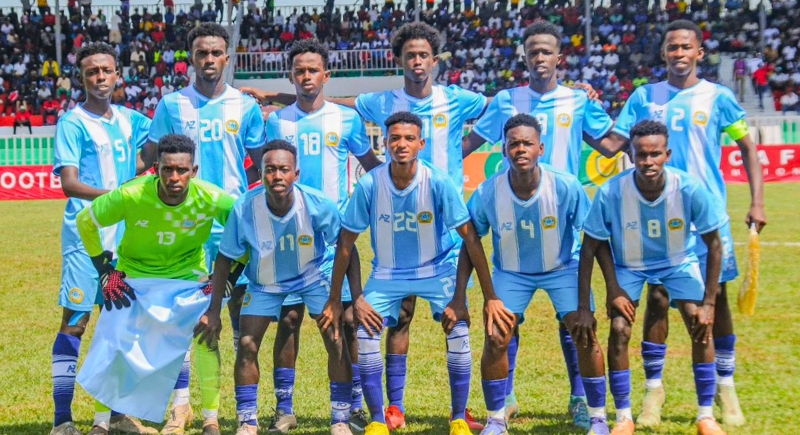
Credit: X
Somalia’s national team has participated in World Cup qualifiers but never made it to the final stage. Political unrest, limited diplomatic representation, and travel bans have made entry into the U.S. complicated. Without major policy changes, participation in 2026 looks unlikely for Somali players and staff.
Venezuela
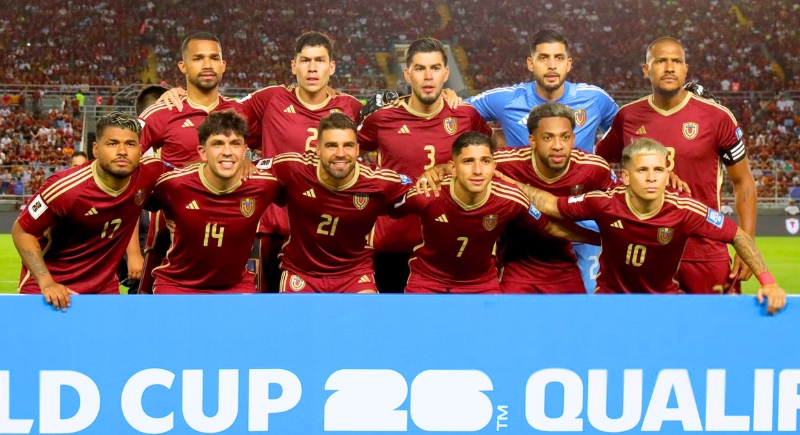
Credit: X
Though not banned from FIFA events, Venezuela’s government faces heavy sanctions from the U.S. Travel permits are difficult to secure, and ongoing political friction adds another layer. If the team qualifies for the first time in its history, legal barriers might still keep them off the pitch.
Sudan
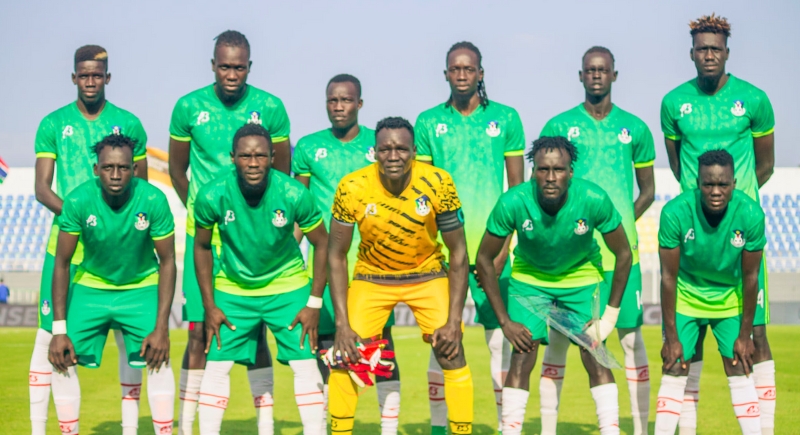
Credit: Facebook
Ongoing unrest and military takeovers have put Sudan in a fragile position internationally. The U.S. has listed it under various travel restrictions for years. Even with a competitive squad, the country would likely face administrative and political hurdles that could prevent full participation in a North American tournament.
Afghanistan

Credit: Facebook
Since the Taliban returned to power, Afghanistan’s international status has shifted. The U.S. does not recognize the current regime, which will make visas and official travel difficult. Even if Afghanistan were to qualify, its team might not be granted access to enter the U.S. due to current diplomatic policies.
Iraq
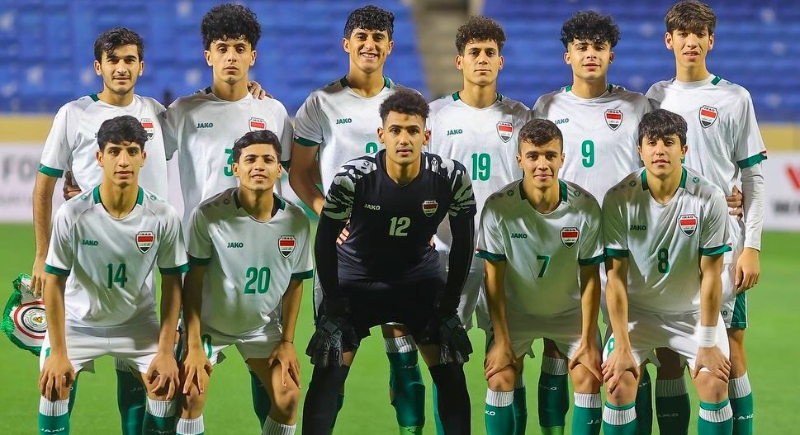
Credit: Instagram
Despite progress in sports and rebuilding, Iraq still struggles with international travel permissions. Past conflicts with the U.S. have left behind a legacy of strict entry procedures. Teams and staff would likely require case-by-case clearance, which could complicate participation—even if they make it through qualifiers.
Cuba
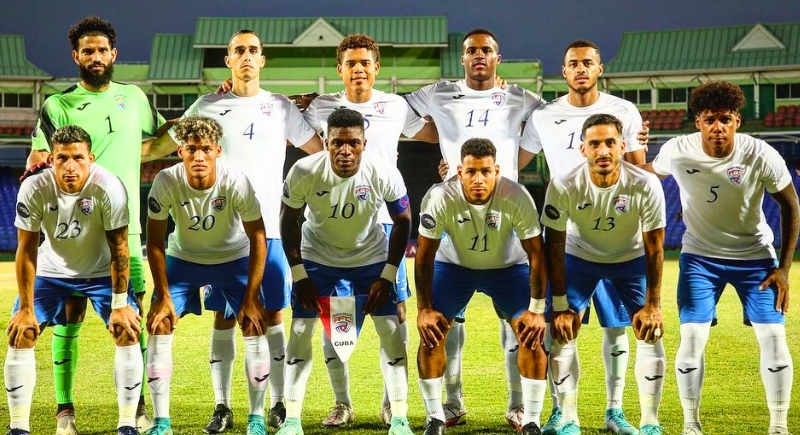
Credit: Instagram
Cuba and the U.S. have a long, tense history. While sports exchanges have taken place in the past, visa approval remains inconsistent. The national team is improving, but even if they reach the 2026 finals, travel approval could remain out of reach due to unpredictable political conditions.
Palestine
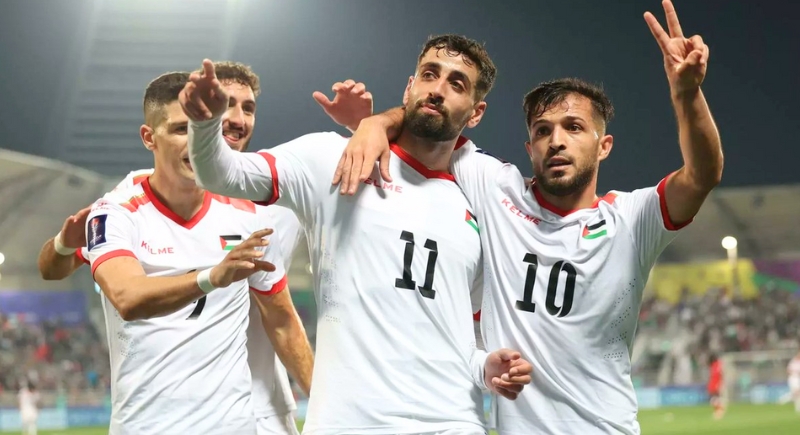
Credit: X
The Palestinian national team has grown stronger over the years. However, traveling internationally is often complex for them. The U.S. does not officially recognize Palestine as a sovereign nation, and diplomatic limitations could block the team’s entry—even if they manage to earn a qualifying spot.
Eritrea
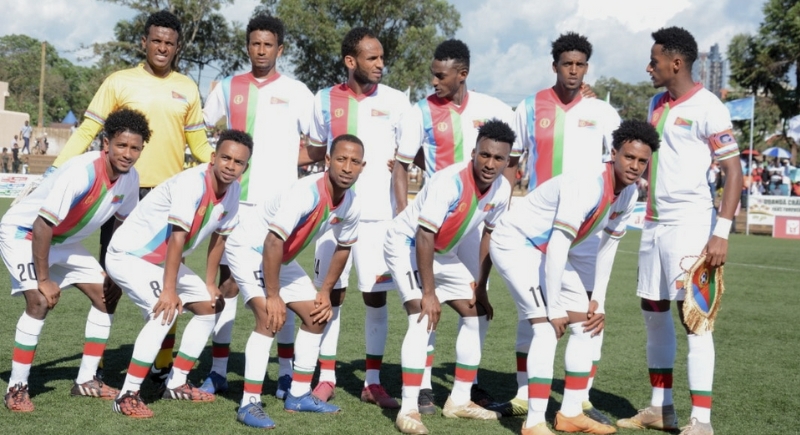
Credit: X
International participation by Eritrea is rare due to internal policies and global isolation. Mandatory military service and tight exit controls limit movement. If the team manages to qualify—a long shot—arranging travel, securing visas, and coordinating entry into the U.S. would be complicated, if not impossible, under current conditions.
Belarus
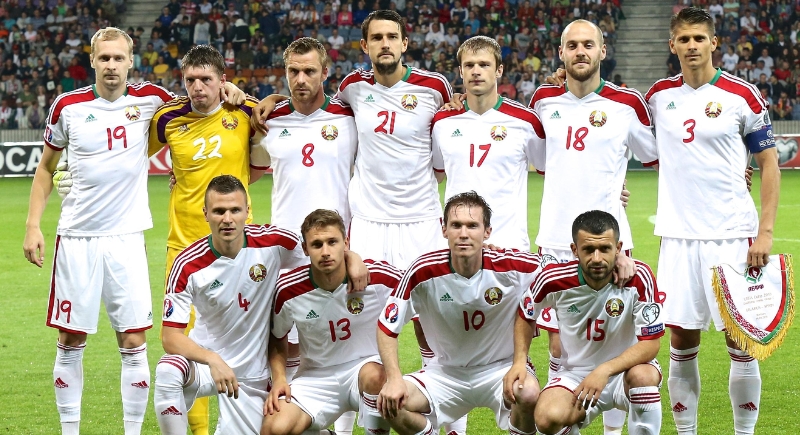
Credit: X
Belarus remains politically close to Russia and has supported its military actions. Because of this, the U.S. and its allies have placed restrictions on travel and finance. If Belarus secures a spot for 2026, its players and officials could be blocked due to sanctions and international backlash.
Zimbabwe
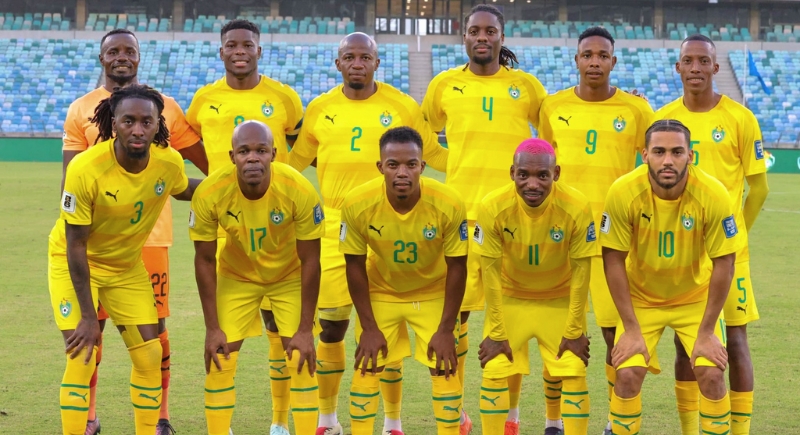
Credit: Facebook
Zimbabwe’s football association was suspended by FIFA in 2022 due to political interference. Even if reinstated, the country could still face problems entering the U.S., given strained diplomatic relations and past visa denials. Approval might depend on political shifts before the tournament begins.
Nicaragua
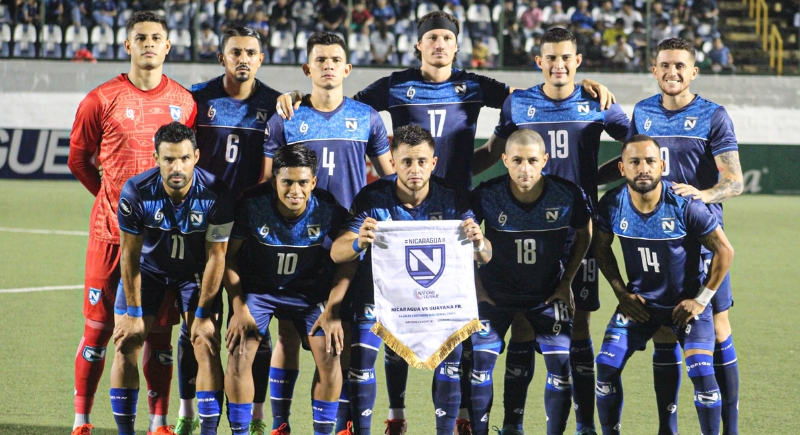
Credit: Facebook
Crackdowns on political opposition have worsened Nicaragua’s relationship with the U.S. Recent visa restrictions show a willingness to limit official travel. While the team hasn’t qualified in the past, any future appearance might be complicated by diplomatic standoffs and limited embassy cooperation.
Pakistan
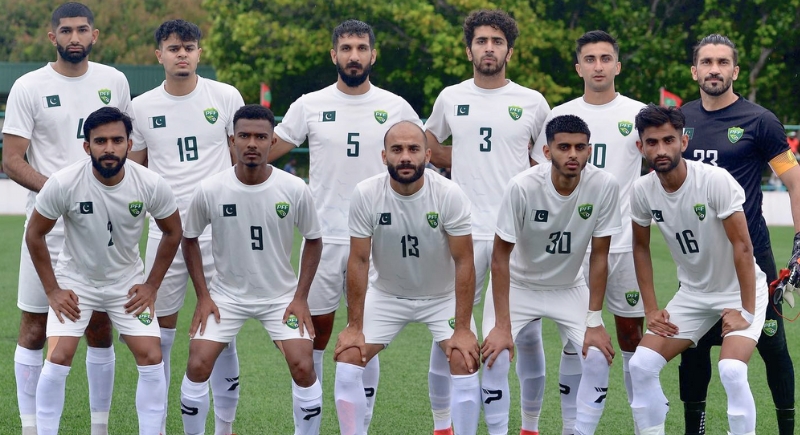
Credit: Instagram
Pakistan’s football federation has had governance problems, including a FIFA suspension in 2021. Although that’s now resolved, travel between Pakistan and the U.S. often involves delays. The team hasn’t reached a World Cup yet, but if it does, political red tape might cause issues.
Mali
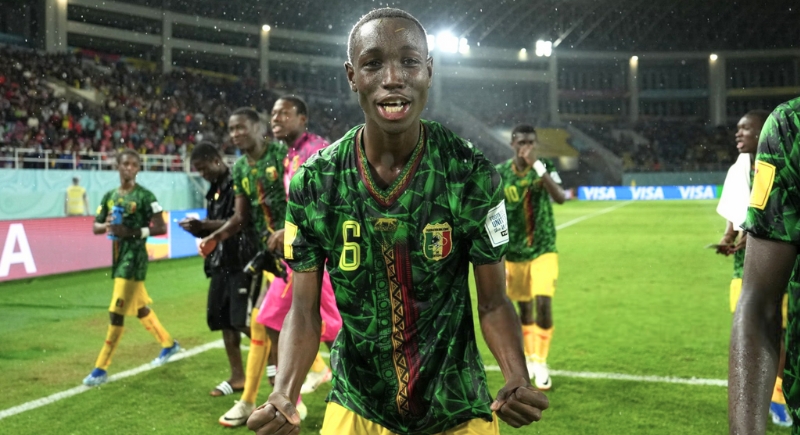
Credit: X
Military coups and transitions have hurt Mali’s international bonds. Though they compete regularly in African tournaments, diplomatic barriers could stand in the way of World Cup participation. Travel permissions and political recognition may be harder to get if instability continues through 2026.
Burundi
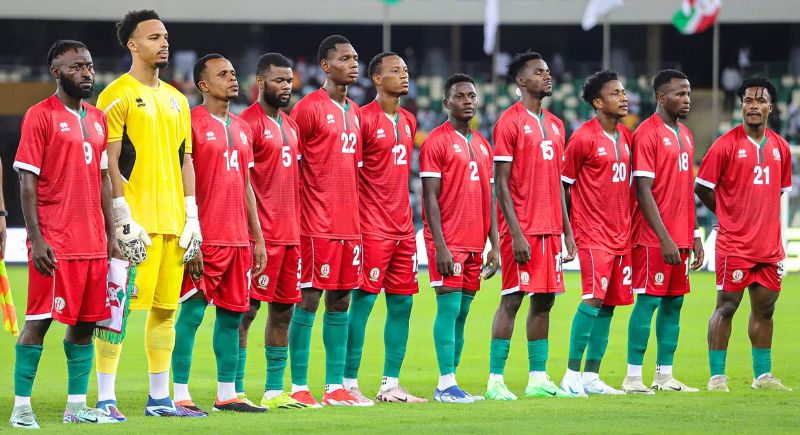
Credit: Facebook
Burundi has no current FIFA ban but has been flagged for political suppression and civil rights issues. U.S. travel approvals for officials from the country are limited. If the team reaches the final tournament, they may still need special permission just to enter.